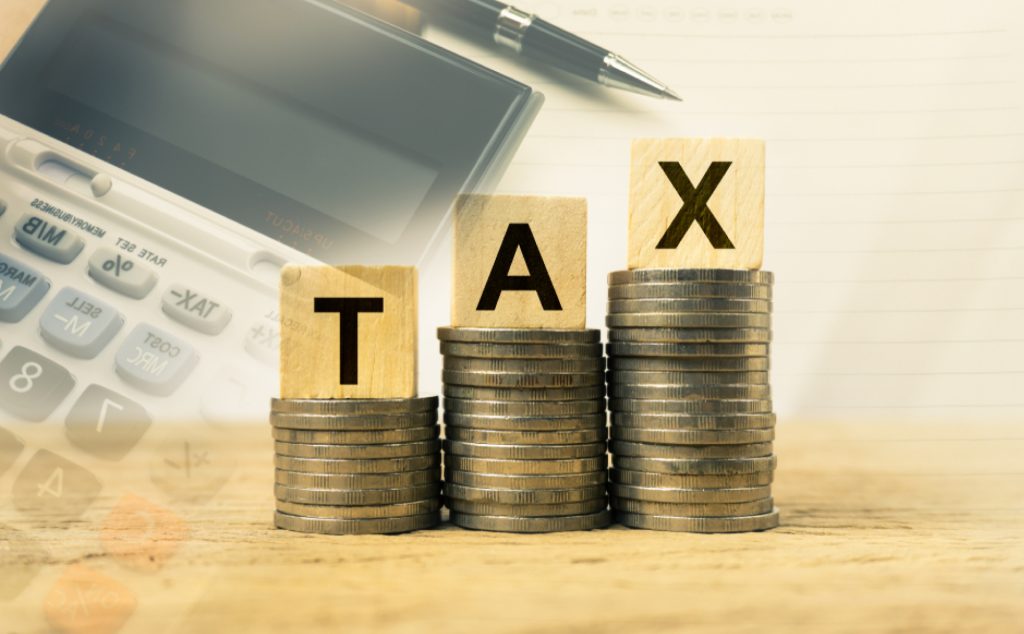Presidency clarifies tax reform misconceptions

Tax
Abdullateef Fowewe
The Special Adviser to the President on Information and Strategy, Mr Bayo Onanuga has clarified the misconceptions surrounding the tax reform initiated by the Tinubu’s administration.
Onanuga in a statement on Thursday, noted that the Northern Governors’ Forum on October 28, led by the Governor of Yahaya of Gombe State, Muhammed Inuwa, expressed opposition to the new derivation-based model for Value-Added Tax distribution in the tax reform bills before the National Assembly.
He said the meeting also had traditional rulers from the region in attendance, led by Muhammadu Sa’ad Abubakar III, the Sultan of Sokoto.
He further clarified that the tax reform bills, endorsed by President Bola Tinubu and the Federal Executive Council, aimed to streamline Nigeria’s tax administration processes, enhance efficiency, and eliminate redundancies.
He said, “These reforms emerged after an extensive review of existing tax laws. The National Assembly is considering four executive bills designed to transform and modernise Nigeria’s tax landscape.
“First is the Nigeria Tax Bill, which aims to eliminate unintended multiple taxation and make Nigeria’s economy more competitive by simplifying tax obligations for businesses and individuals nationwide.
“Second, the Nigeria Tax Administration Bill (NTAB) proposes new rules governing the administration of all taxes in the country.
Its objective is to harmonise tax administrative processes across federal, state and local jurisdictions for ease of compliance for taxpayers in all parts of the country.”
He stressed that the third bill, the Nigeria Revenue Service (Establishment) Bill, seeks to rename the Federal Inland Revenue Service (FIRS) as the Nigeria Revenue Service (NRS).
Onanuga assured that the reforms would not increase taxes, lead to job losses, or absorb existing departments’ duties, instead, they aimed to optimise and simplify tax frameworks, ensuring a more equitable distribution of tax obligations.
He said the reforms also sought to consolidate multiple taxes into a unified structure, reducing administrative fragmentation.
Regarding the proposed derivation-based VAT distribution model, Onanuga explained that the new proposal aimed to create a fairer system, considering the place of supply or consumption for relevant goods and services.
He noted that the reform would benefit states in the Northern region that produced VAT-exempt goods, ensuring they did not lose out on revenue.
“The new proposal before the National Assembly outlines a different form of derivation which considers the place of supply or consumption for relevant goods and services. This means that states in the Northern region that produce the food we eat should not lose out just because their products are VAT-exempt or consumed in other states.
“These reforms are critical to improving the lives of Nigerians and were not put forward by President Tinubu to undermine any part of the country. There is no better time than now for the National Assembly to give due consideration to these bills that will overhaul our tax systems and create the revenue all the tiers of government require to fund the development our country and people urgently need,” he stated.




